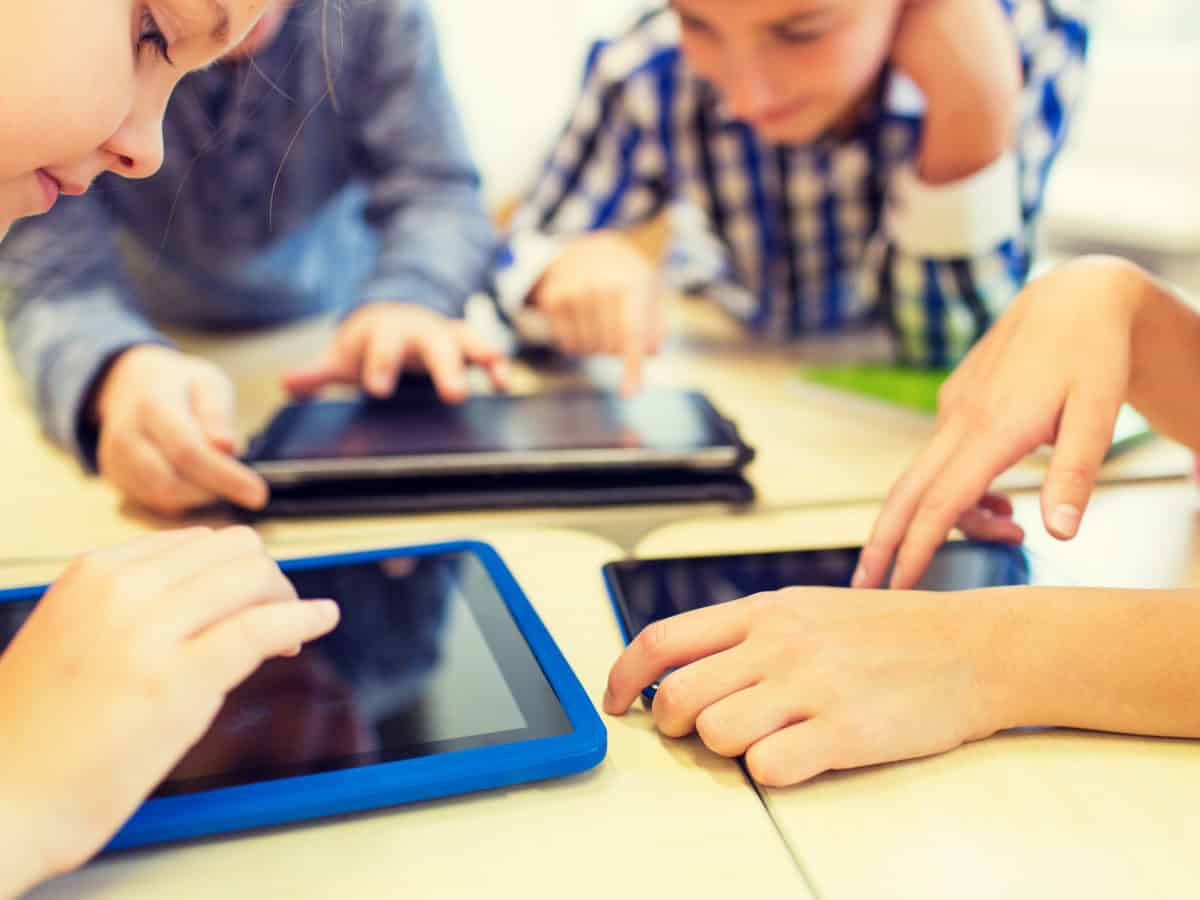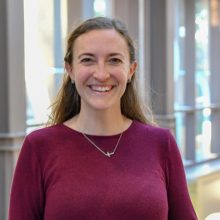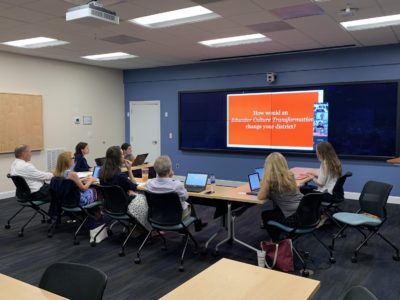
Having lived through the COVID-19 pandemic and the most significant disruptions to public education that teachers, students, parents, and communities have ever experienced, not surprisingly, there is a desire to “get back to normal.” And while there are certainly many aspects of school that all of us have lost and long for, this disruption presents a unique opportunity to examine our ideas related to schools, many of which we have long taken for granted.
One of the main assumptions the pandemic has challenged is the traditional view of schooling in which teaching and learning occurs in face-to-face classrooms with teachers and students physically present five days a week. Another practice that COVID-19 exposed is that many students are dependent on teachers to direct their learning. When teachers were no longer physically present at the front of the classroom and without support at home, some students assumed that learning was no longer important or even possible.
Instead of the goal being to “return to normal,” it is critical to examine what we can learn from this. While no one wants the type of uncontrolled change that occurred with COVID-19, can we create an education system in which significant change and improvement is valued?
As COVID-19 forced change, schools and teachers have responded, switching from a system fully dependent on face-to face learning to moving all learning online. As schools gradually reopened for face-to-face instruction, teachers had to switch again, responding to the demanding challenge of simultaneously teaching students in person and online. And all of this was done on top of wearing masks, social distancing, and contract tracing. Some of these changes, such as virtual learning, are likely to continue to be supported as options at the school and district level.
Now, we have a rare window of opportunity to explore how schools in North Carolina could benefit from continuing to incorporate some of the changes that were brought in the last year. The North Carolina Department of Public Instruction should capitalize on this moment and convene groups of administrators, teachers, students, and parents to review changes and make recommendations. These changes could then be piloted by interested schools and districts.
Some of the changes include:
- Flexibility in teaching and learning: More options with face-to-face learning, virtual learning, or a combination of both.
- Responsibility for learning: The transition to students taking the lead on their learning with teachers facilitating.
- Location for learning: Having flexibility in where teachers work and where students learn.
- Closing opportunity gaps: All students need access to devices, Wi-Fi, and additional resources for success.
- Support for the whole child: Recognition that schools do not just foster academic learning. Social-emotional learning (SEL) should be more of a priority in all content areas across all grade levels.
- Role of schools in learning: Recognition that it is a triad of teacher, student, and parent. Provide opportunities for parents to find comfort in the school space themselves.
- Curriculum reassessment: Teachers have had to reconsider what is essential content and reflect on its purpose and the strategies used to teach it in multiple modalities.
- Assessment of learning: Easing of standardized testing has allowed teachers to create more meaningful ways for students to apply and demonstrate their learning.
- Student voice: Students in some high schools voted with their feet in not coming back to school and remaining virtual. Rather than assuming that the adults always know what’s best, schools need to listen to students.
- Assessment of schools: Broaden the criteria for how we evaluate “good schools” to include student work products, student perceptions, support for the whole child, and support for innovation.
In the midst of a pandemic, teachers and public schools across North Carolina have already shown amazing resourcefulness. Educators have produced excellent examples of creativity, adaptability, and learning of new skill sets.
Instead of going back to business as usual, we must figure out what we can learn from this disruption and how to change. A good starting point for a new approach to school improvement would be one which honored the exemplary practices and professional knowledge base of educators. And change needs to be more than a one-time listening.
We need to rethink our approach to school improvement and the current compliance model of accountability and move to one that places far greater trust in the resourcefulness and professional judgement of educators. This will ensure we create the type of innovative and dynamic system of public schools that our students deserve.



